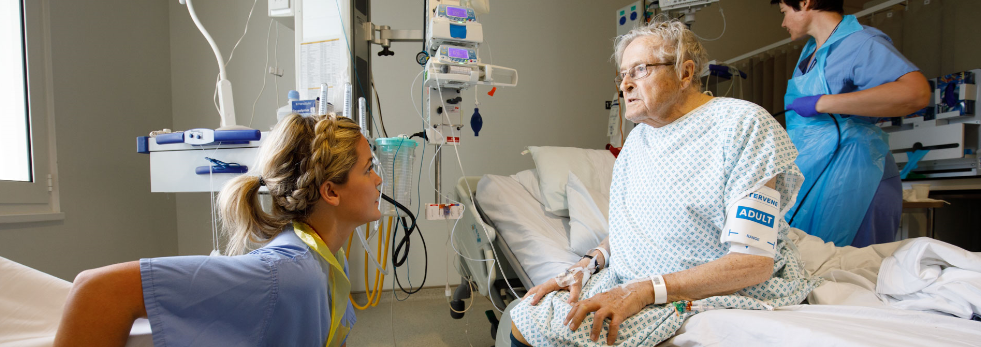
Each year in the NHS, 250,000 high-risk patients undergo major surgery. High-risk patients are typically older with long-term disease. They often experience serious medical problems after surgery, such as pneumonia or heart attacks, causing a lasting decline in health and quality of life. This can occur even if surgery and anaesthesia have gone smoothly. Older patients with long-term health problems have different hopes and expectations of medical treatments, but these may not be understood by doctors. As a result, high-risk patients may not receive the information they need when contemplating surgery. We want to help patients better understand their risks, and choose the treatments that best suit them, by improving how they decide about surgery with their doctors.
We aim to understand the values and beliefs about long-term outcomes amongst high-risk patients contemplating major surgery, how these differ from doctors’ opinions, how these affect decisions about surgical treatments, and whether patients’ opinions change once they experience surgery. We plan to provide an accurate description of the healthcare burden, long-term mortality, components of quality of life and other outcomes that high-risk patients consider when contemplating major surgery. We will co-design with patients and doctors, a decision support intervention, utilising a computational risk model developed from the findings above, to provide an accurate and individualised forecast of the risks and benefits of surgery for each high-risk patient. We will also perform a cluster randomised trial of this decision support intervention, confirming clinical effectiveness in terms of decision regret and quality of life in the six months following surgery.
